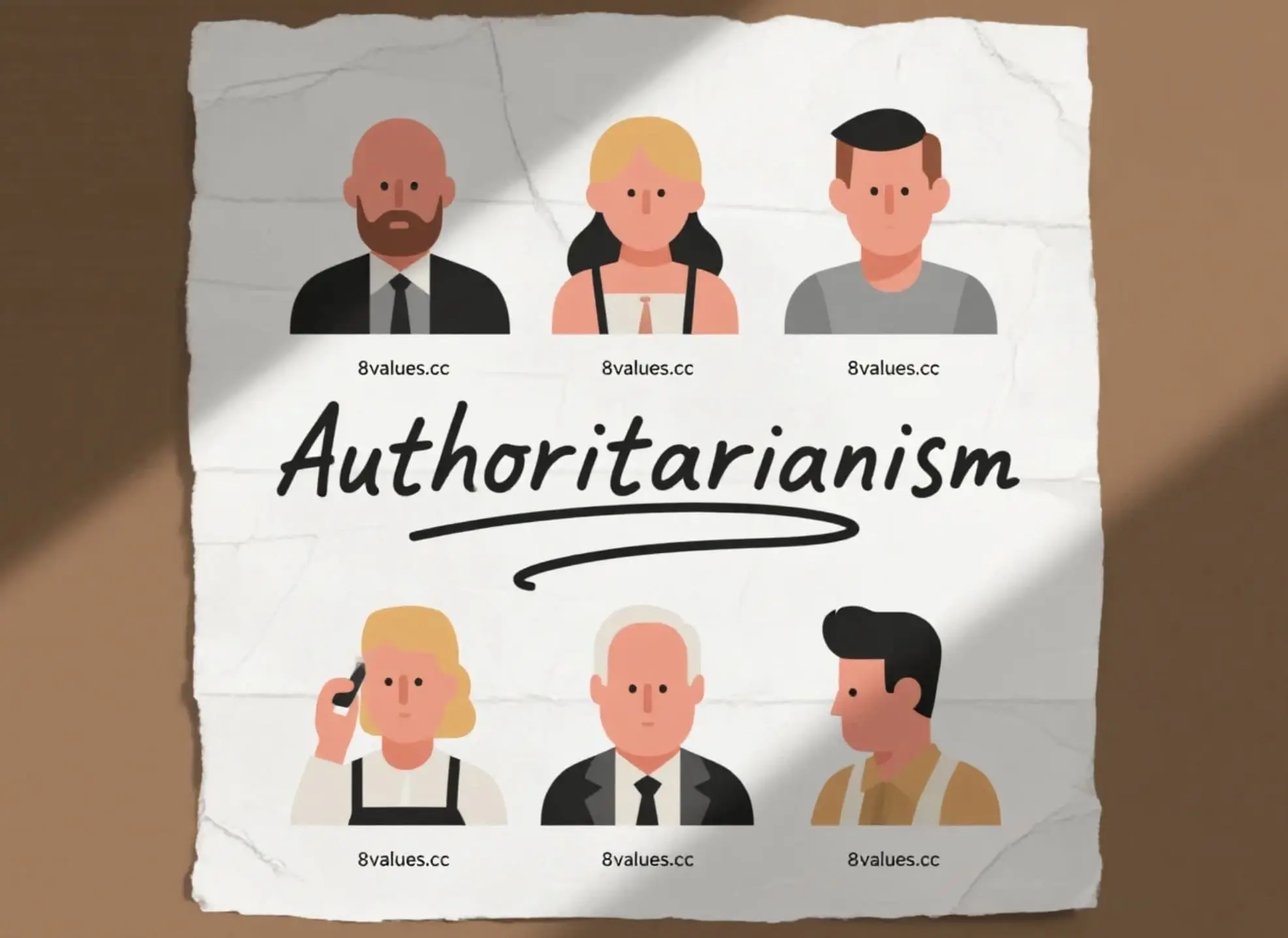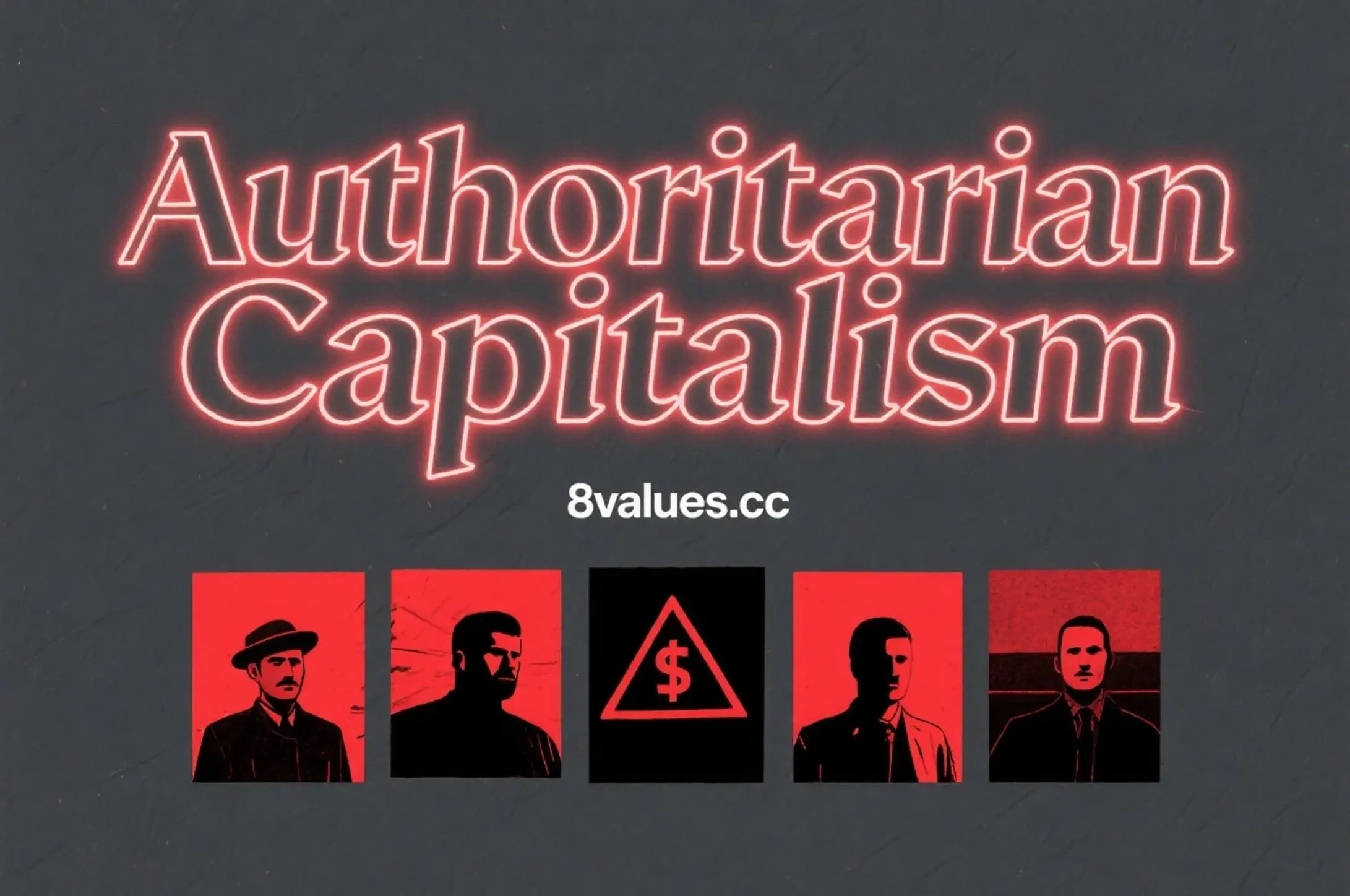The "Ten Programs" proposed by The Communist Manifesto: Specific Revolutionary Measures and the Revision of Experience of the Paris Commune
The Communist Manifesto proposes ten transitional revolutionary measures at the end of Chapter 2. This article deeply interprets these programs (such as progressive taxation, abolishment of inheritance, nationalization of means of production), and explores the major amendments to the "state machine" made by Marx based on the experience of Paris Commune, understands the path of the proletariat to seize political dominance, and welcomes you to explore your ideology through the 8 values political test.
The Manifesto of the Communist Party is a programmatic document co-written by Karl Marx and Friedrich Engels in February 1848. It is recognized as one of the most influential political documents in history. The core idea of this work is based on historical materialism, emphasizing the economic mode of production and exchange and the social structure that inevitably arises. It is the basis on which the political and spiritual history of the era depends .
The Communist Manifesto not only systematically elaborates on the theory of scientific socialism, reveals that class struggle is the driving force of all history so far, but also provides the proletariat with a concrete program of action to achieve its own liberation and establish a new society. The Communist Party’s theory can be summarized as one sentence: Abolition of private property. The goal here is to abolish bourgeois private property rather than property from personal labor.
The Proletariat's Seizing Political Rule: "Authoritarian Measures" in the Transition
In the Communist Manifesto, Marx and Engels clearly pointed out that the first step of the proletarian revolution is to elevate the proletariat to a ruling class and seize political supremacy. By winning the victory of democracy , the proletariat will use its political rule to seize all the capital of the bourgeoisie step by step.
The proletarian ruling class will concentrate all instruments of production in the hands of the state, that is, in the hands of the proletariat that organizes the ruling class , and increase all productivity as quickly as possible.
Of course, at the beginning, this cannot be achieved without despotic inroads in the process of adopting despotic inroads on ownership and bourgeois production relations. These measures may seem economically inadequate and untenable, but they will surpass themselves in the process of movement and inevitably revolutionize the old social order.
Interpretation of the specific "Ten Programs" proposed in the "Communist Manifesto"
Marx and Engels proposed a series of measures that can be universally applied in state-of-the-art countries at the end of Chapter 2 of the Communist Manifesto. However, as the Communist Manifesto itself points out, the actual application of these principles must be transferred at any time and anywhere based on the historical conditions at that time .
The following are the ten principles proposed in the "Communist Manifesto":
- deprive real estate and use rent for state expenses (Abolition of property in land and application of all rents of land to public purposes).
- A heavy progressive or graduated income tax is levied .
- Abolition of all rights of inheritance.
- Confiscation of the property of all emigrants and rebels .
- Centralisation of credit in the hands of the State, by means of a national bank with State capital and an exclusive monopoly .
- Centralisation of the means of communication and transport in the hands of the State .
- Extension of factories and instruments of production owned by the State; the bringing into cultivation of wastelands, and the improvement of the soil generally in accordance with a common plan . This article aims to achieve nationalization and centralized management of means of production.
- Implement the universal labor obligation system (Equal liability of all to labour) and establish an establishment of industrial arms in agriculture.
- Combining agriculture with industry will promote the gradual elimination of urban and rural differences (Combination of agriculture with manufacturing industries; Gradual abolition of the distinction between town and country).
- Free education for all children in public schools. At the same time, children's labor in factories are cancelled. Combine education with industrial production.
These programs embody the initial idea that the proletariat, after seizing power, aimed at breaking the old class and property relations and organizing social production in a collective and planned manner.
The experience of Paris Commune and the correction of the "state machine"
Since its publication, the Communist Manifesto has undergone a series of historical events, the most important of which is the Paris Commune in 1871. The commune was the first attempt by the proletariat to gain political power, although it lasted only two months.
Marx and Engels regarded the Communist Manifesto as a historical document , so no changes were made to its original text. However, in the preface to the German version of the Communist Manifesto in 1872, they clearly stated that this program has been antiquated in some details due to the enormous development of modern industry over the past 25 years, the increased organization of the working class, and the practical experience gained from the Paris Commune.
Among them, the experience of the commune specifically proves one thing : "The working class cannot simply master the ready-made state machine and use it to achieve its own goals."
Before the commune, Marx and Engels believed that the proletariat could use the existing state machinery to transition to socialism. However, the practice of the Paris Commune revealed that the proletariat must break or destroy the old bourgeois state machine and establish a new regime representing the interests of the proletariat.
Marx described the commune as a "revolution against the state" , that is, society reabsorbs state power and serves as its own living forces . The essence of the commune is a working-class government and a product of the working class's struggle against the bourgeoisie.
Therefore, the actual application of the "Ten Programs" requires a fundamental rethinking of the nature of state power and its way of mastering based on new historical experiences, especially the experiences and lessons provided by the Paris Commune. This amendment is considered an important development of Marx's theory of the dictatorship of the proletariat.
Historical significance and contemporary revelation: Theoretical light beyond time and space
Although the Communist Manifesto is a document with historical limitations, the general principles it elaborates are still correct today. Its historical materialist view, that social history is driven by class struggle and the assertion that capitalism will eventually be replaced (“the demise of the bourgeoisie and the victory of the proletariat are equally inevitable”), still has strong vitality today.
For example, after the global financial crisis broke out in 2008, sales of the Communist Manifesto and Marx's masterpiece Das Kapital both soared, indicating that many Westerners' beliefs about the drawbacks of capitalism have been shaken. This phenomenon indirectly confirms that the Communist Manifesto is still of practical significance for analyzing capitalist flaws and the path of human development.
The ultimate goal of the Communist Manifesto is to establish an "association" , where "the free development of each is the condition for the free development of all" . This visionary vision still inspires movements seeking social justice and personal liberation.
Marx and Engels demonstrated the spirit of self-criticism and self-innovation of scientific socialism by constantly revising theories to adapt to new historical conditions. This spirit also reminds us that understanding any political ideology cannot be separated from its specific historical background and development practice.
If you are interested in the classification of political values and ideology, we recommend that you use the 8values Political Values Prone Test , which will help you better understand a variety of political positions (see all 8values Results ideology ), including understanding of core values such as equality, freedom and collectivism discussed in the Communist Manifesto. More content is available on our official blog .






